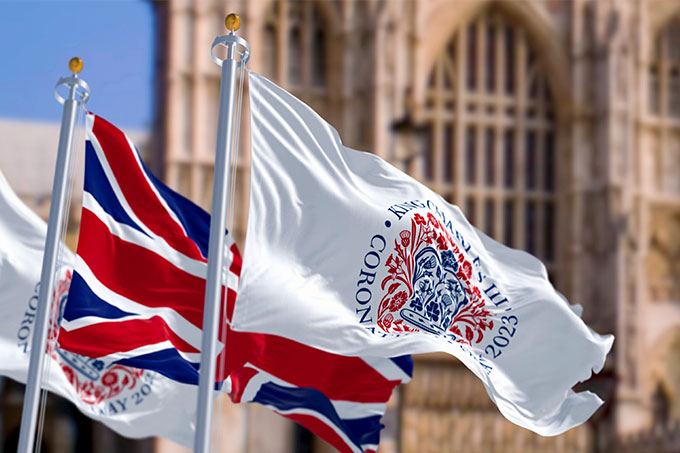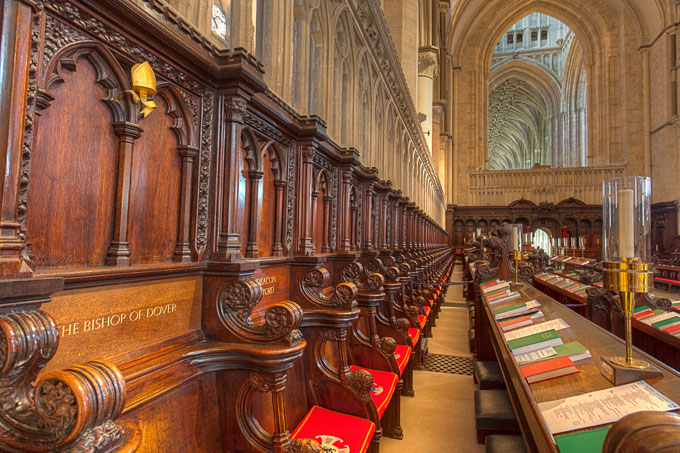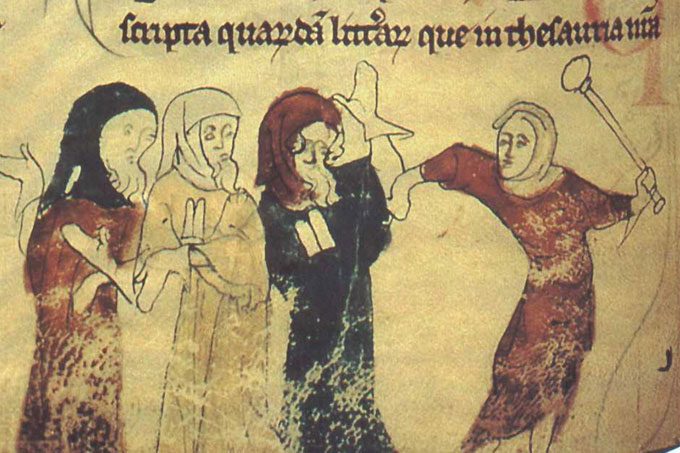Ralph Norman discusses Lord Raymond Plant and his contribution to recent discussions of the place of religion in politics.
Teachers report pupils raise their own questions about gender identity
Professor Bob Bowie explains how recent research by NICER shows pupils will raise their own questions about gender identity.
The Coronation and the common good
Ahead of the Coronation of King Charles III, Dr Ralph Norman looks at the relationship between the Monarchy, the Established Church and all faiths.
Doing God in Government
Dr Ralph Norman discusses The Bloom Review and how the British government engages with faith.
The end of a geopolitical era?
Dr Alex Kent reflects on the contribution that HM Queen Elizabeth II has made to global geopolitics.
Sajid Javid seeks the common good
Dr Ralph Norman explores a how Sajid Javid claims to have taken inspiration from a sermon, ahead of writing his resignation letter.
Holocaust Memorial Day 2021
Dr Maria Diemling looks at the alarming rise in anti-Jewish attacks and our responsibility to speak out against Antisemitism.
Social restrictions and religious worship
Dr Ivan Khovacs explores how the current social restrictions are affecting religious communities and how they join together for worship.
Remembering medieval Canterbury’s relationship with its Jewish community
Dean Irwin looks at the historical relationship between England, Canterbury and the Jewish Community.








